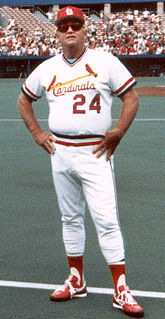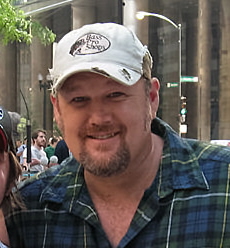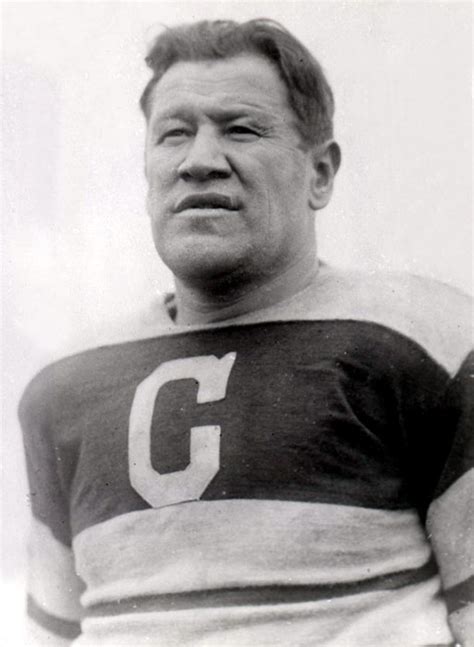A Quote by Whitey Herzog
The way we have been playing, I might tell my players not to cross the picket line (umpire strike of 1979).
Related Quotes
The picket line is the best place to train organizers. One day on the picket line is where a man makes his commitment. The longer on the picket line, the stronger the commitment. A lot of workers think they make their commitment by walking off the job when nobody sees them. But you get a guy to walk off the field when his boss is watching and, in front of the other guys, throw down his tools and march right to the picket line, that is the guy who makes our strike. The picket line is a beautiful thing because it makes a man more human.
If an umpire misses a called third strike and the other side ends up scoring because of it, I'm not going to forget it. If there are runners on second and third and two out, and if the umpire has just given the hitter an extra strike and the next pitch goes into the hole and both runs score, I've got to say something to the guy.
My first and only experience in baseball, the coach signed me up; he didn't tell me there's a thing called the curveball. I didn't know that. So the ball's coming at me and I start backing out, and then it broke inside. And the umpire says, 'Strike one!' And I'm saying, 'How is that a strike? It almost hit me!'
I remember the Chillicothe ballplayers grappling the Long Island ball players in a sixteen-inning game ended by darkness. And the shoulders of the Chillicothe players were a red smoke against the sundown and the shoulders of the Rock Island players were a yellow smoke against the sundown. And the umpire's voice was hoarse calling balls and strikes and outs and the umpire's throat fought in the dust for a song.
I have a basic theorem as to how I do my jokes. Growing up, I knew when to cross the line and when not to cross the line. It's the same with my comedy. I know what my audience will take and how much they won't take. I can't give you a formula for it. It's my own personal formula inside my head. Somebody else's might be different.





































